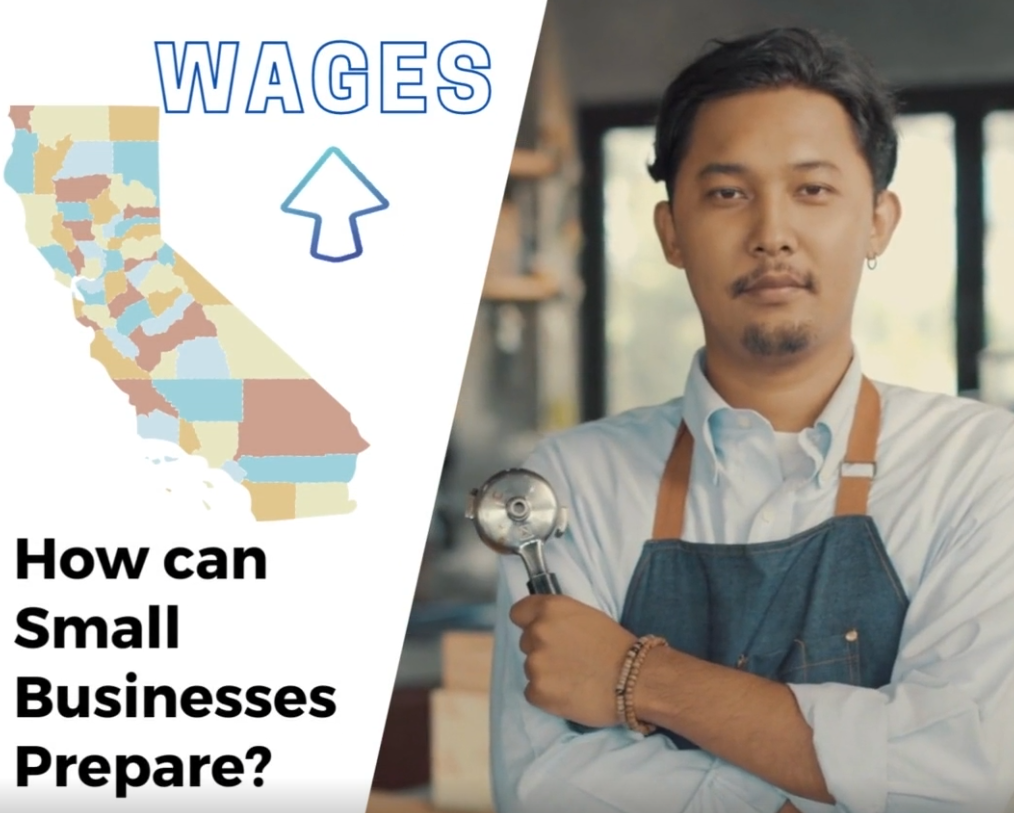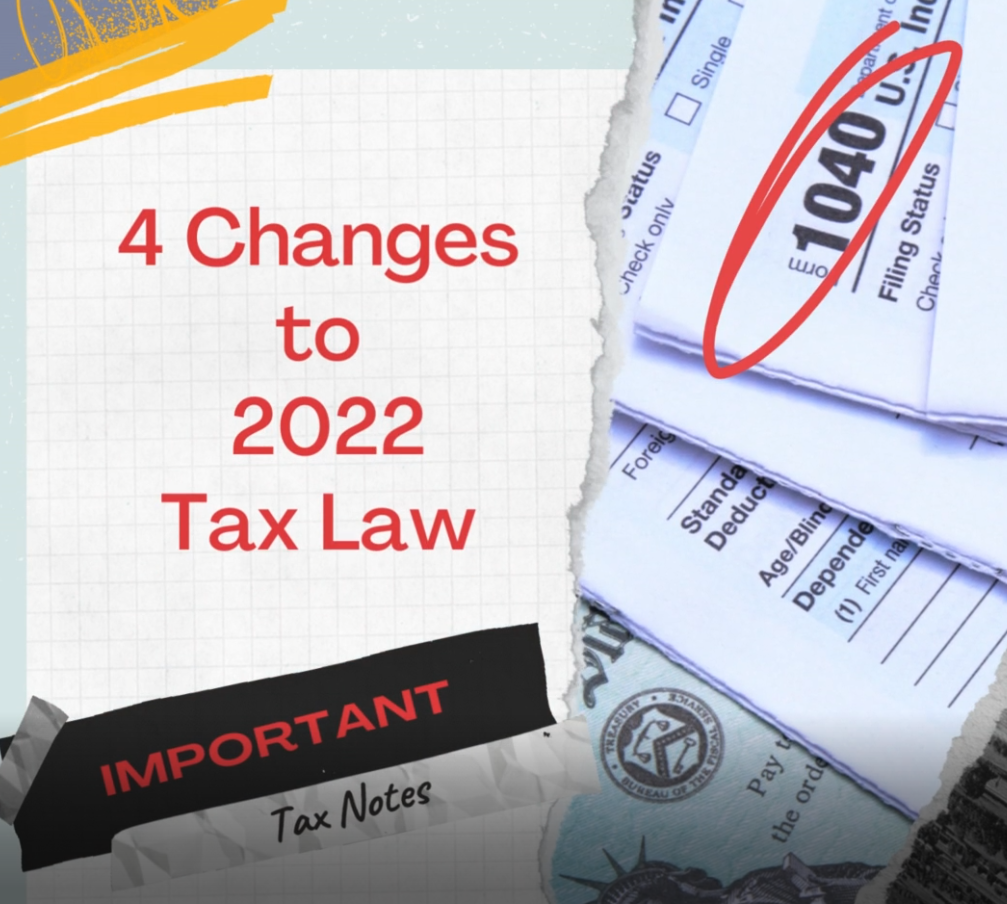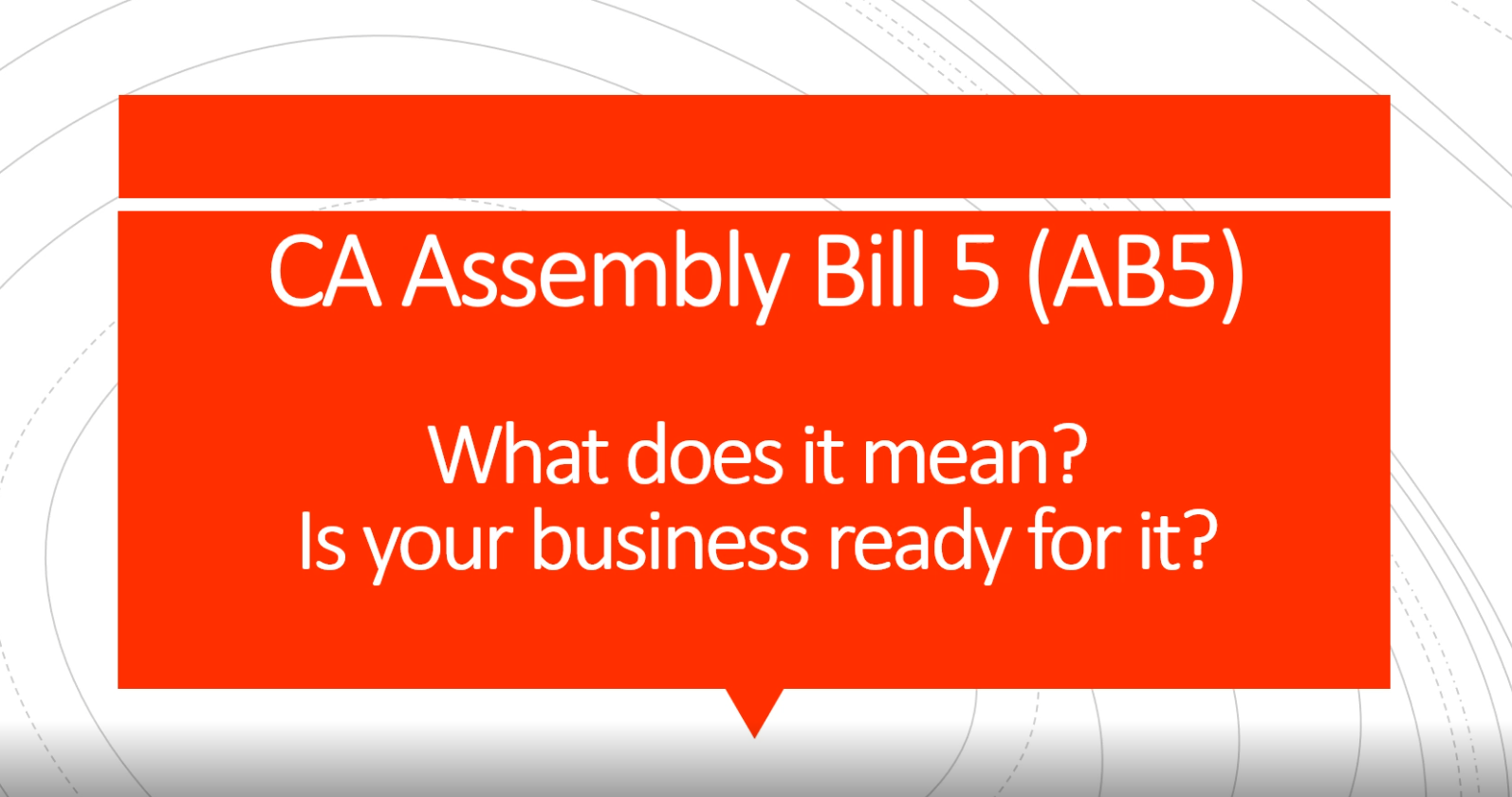HR & Payroll Solutions
Handling finances for residents and businesses in Southern California including Los Angeles, Inland Empire, High Desert, Palm Springs, San Diego, and surrounding cities.
We make the complex simple
We offer full tax, booking, and accounting services in Southern California so you can focus on everything else in your business.
With our expertise and know-how, we'll help you save money, reduce stress, and focus on your real priorities.
-
Payroll
Learn MoreWe will help you stay compliant with the law.
-
Tax returns
Learn MoreAvoid IRS headaches by filing your tax returns with us.
-
Accounting
ButtonEnsure your business's finances are in order with us.
-
Entity Consulting
Learn MoreWe can help make your budget work for you.
We have experts in a range of industries including:
Transportation
We'll handle your client account payments.
Construction
Retail
Restaurants

Trust is the foundation of great service
HR & Payroll Solutions provides income tax, accounting and bookkeeping services to individuals, small businesses and corporate clients. Our services are tailored to the unique needs of each client. We work as part of your team, understanding your needs and what matters to you.
| Features | |
|---|---|
| ✓ Trust | ✓ Expertise |
| ✓ Accuracy | ✓ Experience |
| ✓ Confidentiality | ✓ Professional |
Videos & News Blog



Small Business Payroll Services
Benefits of Payroll Services
There are a lot of benefits to using small business payroll services. The main benefit is the fact that you don't have to worry about running your own payroll program. In addition, there are online programs and self-service programs that can make things easier for you. Also, your reputation is more likely to remain in good standing with a professional service.

Online Payroll Services
Online small business payroll services offer several benefits to companies looking to streamline their payroll process. From calculating pay to completing tax forms, these solutions can be especially beneficial to small businesses. By allowing companies to automate their payroll, these services can save their employees countless hours of paperwork. And they can help businesses stay in compliance with regulations.
Cost of a Payroll Service
The cost of a payroll service is an important factor to consider. Most providers charge a base fee, but some services also charge for other services, such as year-end tax filing. To determine what the cost will be, ask for quotes from potential providers. Some vendors offer a free trial period, so if you can't afford to commit to a monthly subscription, this may be a good option. Small businesses should carefully consider the costs of their payroll services. Payroll is one of the largest expenses a company can incur. Choosing the wrong service can lead to missed deadlines, lost payments, and increased regulatory compliance. While some services offer free trials, others charge a per-employee fee.
All-In-One Software Solution
For many small businesses, an all-in-one software solution is the best way to go. These solutions can integrate with accounting software, allow for prepaid debit cards, and offer direct deposit. Some services even offer employee training and other HR tools. But what's the best option for your business? Some online payroll services are cloud-based, making them easy to use. Others require you to manually enter information, which can be frustrating. They also typically offer excellent customer support.
A Comprehensive Payroll Service
A comprehensive payroll service can handle additional tasks, such as managing 401(k) retirement accounts. Even if your business doesn't need these services, a comprehensive solution can keep you in compliance with federal and state laws.
When evaluating the various online small business payroll solutions, choose the service that best suits your needs. Keeping track of taxes, PTO, and other payroll-related tasks can be time-consuming, and having an all-in-one solution can ease the process. If you don't have the time, or the resources, to handle your payroll, you should consider a solution.

Employee Self-service
Employee self-service systems are a great way to streamline many of the common HR tasks that businesses must handle. They can free up HR staffers to focus on the more important functions in the business.
Self-service allows employees to access their payroll information and make changes to it directly. This helps to reduce the chances of errors and ensures that your payroll is accurate. With self-service, you can also prevent benefits from being provided to workers who aren't qualified. Self-service allows employees to update their personal information and access important documents like their W-2, tax forms, and pay stubs. Some ESS programs even allow new hires to submit relevant documentation during the onboarding process. The best self-service systems also offer a secure and private portal for employees to access. Through the portal, they can view their schedules, request time off, print paystubs, and much more. These features can help them feel more connected to their jobs and employers.
Self-service payroll provides small businesses with several advantages. It minimizes the risk of mistakes, ensures accuracy, and saves time for managers and HR staff. Also, it can help to improve productivity and morale at work.
Despite the advantages, there are some downsides to using employee self-service. For example, some self-service solutions require an additional fee for services like W-2s and tax filings. In addition, a number of these companies don't offer the option to pay 1099 contractors.
Ultimately, your choice of self-service payroll solution will depend on the size of your business and your particular needs. Regardless, you should weigh the pros and cons before making a decision.
What to Consider when Choosing an Employee Self-Service Payroll System
When choosing an employee self-service system, you should consider how the portal will integrate with your back-office and other information technology systems. Your payroll service provider should be able to help you with this. Most HR software packages come with an employee self-service portal as part of their package. Employee self-service can also be integrated with third-party vendors. You should also make sure that your employee self-service vendor keeps up with current compliance regulations.
Although some self-service payroll providers are designed to be easy to navigate, others can be difficult to use. Payroll services can also be costly, so you'll want to make sure that you're comparing your options carefully.
Classifying Contractors and Employees Correctly
A business must have a handle on how to classify contractors and employees to avoid problems. Knowing the correct classification will save you money, headaches, and legal complications. Some industries, such as health care, have specific rules that apply to employees. The correct classification can also affect workers' compensation, pensions, and group health insurance.
Getting employees and contractors classified correctly can be a confusing process. You should consult a tax expert or a payroll specialist to learn more about the ins and outs of employee classification.
Generally, a worker is considered an employee if the company provides the tools, equipment, and other resources needed for the work. Depending on the nature of the work, this can lead to the employee being classified as an independent contractor. However, if the worker continues to engage with the company, the relationship could become more employer-employee.
Misclassification
Keeping the aforementioned in mind, it should come as no surprise that employers want to avoid misclassifying employees. Misclassification is a common problem, with the Economic Policy Institute estimating that 15 percent of employers make this mistake. Fortunately, the Department of Labor has proposed a rule that would help reduce the risk of employee misclassification.
The IRS also has a new classification program that is in effect until at least 2021. This gives examiners more power to resolve classification disputes. Classification is not an exact science, but the agency has some guiding principles. If a worker has the correct classification, the company will be eligible for certain benefits such as social security contributions, Medicare, and unemployment insurance.
However, it is important to recognize that even with the best intentions, some companies still face penalties. In addition, a business that wants to avoid employee misclassification should follow through with its good intentions.
If an employer classifies a worker as an independent contractor, the employer is not responsible for taxes, insurance, or unemployment compensation. But it may be liable for unpaid wages. And it could be fined if a worker files an unemployment claim against the company.
Get In Touch
(760) 493-7959
Hesperia Office
14411 Main St. Ste. B .
Hesperia CA 92345
Services
Servicios





















